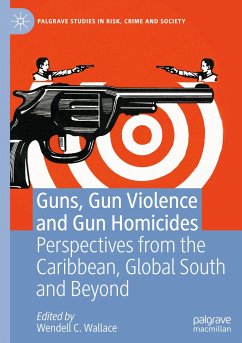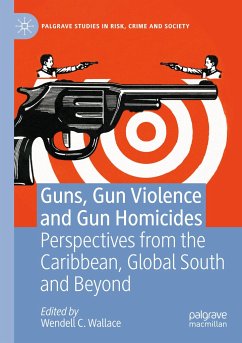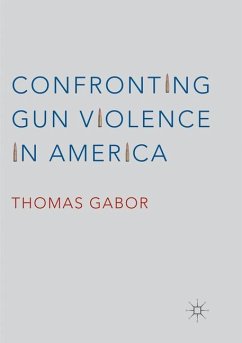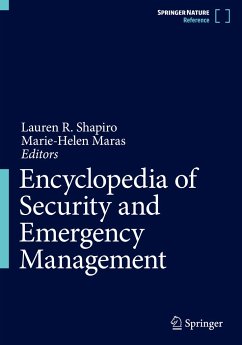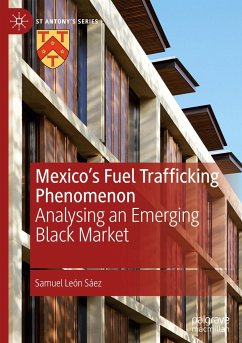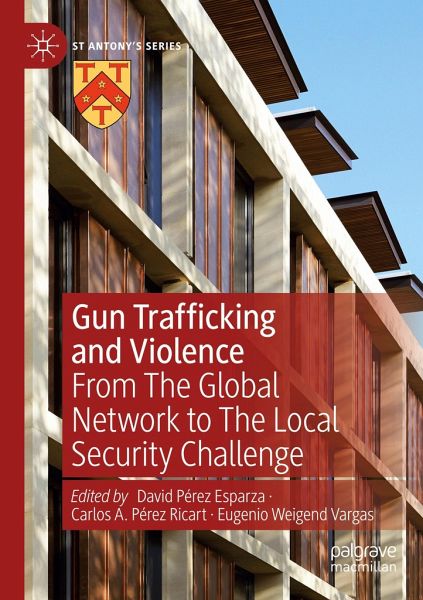
Gun Trafficking and Violence
From The Global Network to The Local Security Challenge
Herausgegeben: Pérez Esparza, David; Ricart, Carlos A. Pérez; Weigend Vargas, Eugenio
Versandkostenfrei!
Versandfertig in 6-10 Tagen
106,99 €
inkl. MwSt.

PAYBACK Punkte
53 °P sammeln!
This edited book addresses the issues of gun trafficking and gun violence across different regions of the world, including the Americas, Africa, Asia, Europe and Oceania. It seeks to identify global key trends on gun trafficking and related violence and discuss different enforcement measures. Each chapter is written by teams of distinguished academics and/or experienced practitioners to include practitioner insights and policy proposals on issues related to gun violence and gun trafficking. Chapters offer an overview of violence and recent gun control debates in the regions, enumerate challeng...
This edited book addresses the issues of gun trafficking and gun violence across different regions of the world, including the Americas, Africa, Asia, Europe and Oceania. It seeks to identify global key trends on gun trafficking and related violence and discuss different enforcement measures. Each chapter is written by teams of distinguished academics and/or experienced practitioners to include practitioner insights and policy proposals on issues related to gun violence and gun trafficking. Chapters offer an overview of violence and recent gun control debates in the regions, enumerate challenges, provide lessons learnt, and recommend policy solutions. An overview of the global small arms trade is provided at the beginning alongside a comparative analysis of common challenges and significant differences across the regions. This book speaks to those in Criminology, International Relations, Public Policy, International Security, Public health andLaw, and to civil society organizations, think tanks, research centers, policy analysts and policy makers involved in gun control debates.




